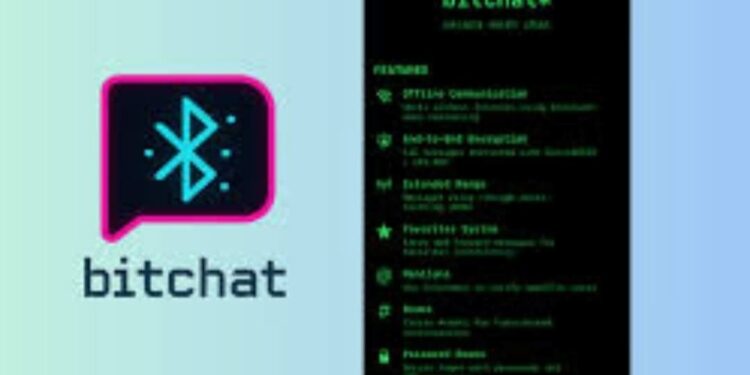Jack Dorsey, CEO of Block and co-founder of Twitter, has unveiled a new decentralized messaging platform named Bitchat, which operates entirely without internet access, phone numbers, or usernames.
The app was announced on Sunday, July 6, 2025, and is now available in beta via TestFlight, with a full white paper accessible on GitHub.
According to Dorsey, Bitchat is designed for privacy-conscious users and utilizes Bluetooth mesh networks to enable encrypted, ephemeral communication between nearby devices. “It’s a personal experiment in Bluetooth mesh networks, relays and stores, and store-and-forward models, message encryption, and a few other things,” Dorsey posted on X.
The app forms local Bluetooth clusters as users move through physical space, allowing messages to travel device-to-device—even in the absence of Wi-Fi or mobile signals. This relay mechanism extends the communication range through overlapping clusters, acting as a bridge network for longer-distance transmission.
Unlike mainstream messaging platforms like WhatsApp and Telegram, Bitchat does not rely on centralized servers or user identifiers such as emails or phone numbers. Messages are stored only on user devices and disappear by default, aligning with Dorsey’s long-standing advocacy for privacy-preserving, censorship-resistant communication technologies.
The platform also supports optional group chats or “rooms,” which can be organized using hashtags and secured with passwords.
An upcoming update is expected to include WiFi Direct capabilities to further enhance speed and range.
Beyond messaging, Bitchat incorporates the Bitcoin Lightning Network, enabling micro-payments directly within chats—offering users a secure, low-cost, and anonymous financial transaction tool embedded in the app. Its open-source structure encourages community-led innovation and customization.
The launch of Bitchat adds momentum to Dorsey’s broader decentralization efforts, following his support for platforms like Damus and Bluesky.
Meanwhile, Elon Musk is also entering the messaging space with xChat, a direct messaging tool under X (formerly Twitter), promising encrypted, disappearing messages, and cross-platform calling features. The development signals a growing push among tech leaders to challenge the dominance of apps like WhatsApp with privacy-first, user-controlled alternatives.



















































































 EduTimes Africa, a product of Education Times Africa, is a magazine publication that aims to lend its support to close the yawning gap in Africa's educational development.
EduTimes Africa, a product of Education Times Africa, is a magazine publication that aims to lend its support to close the yawning gap in Africa's educational development.